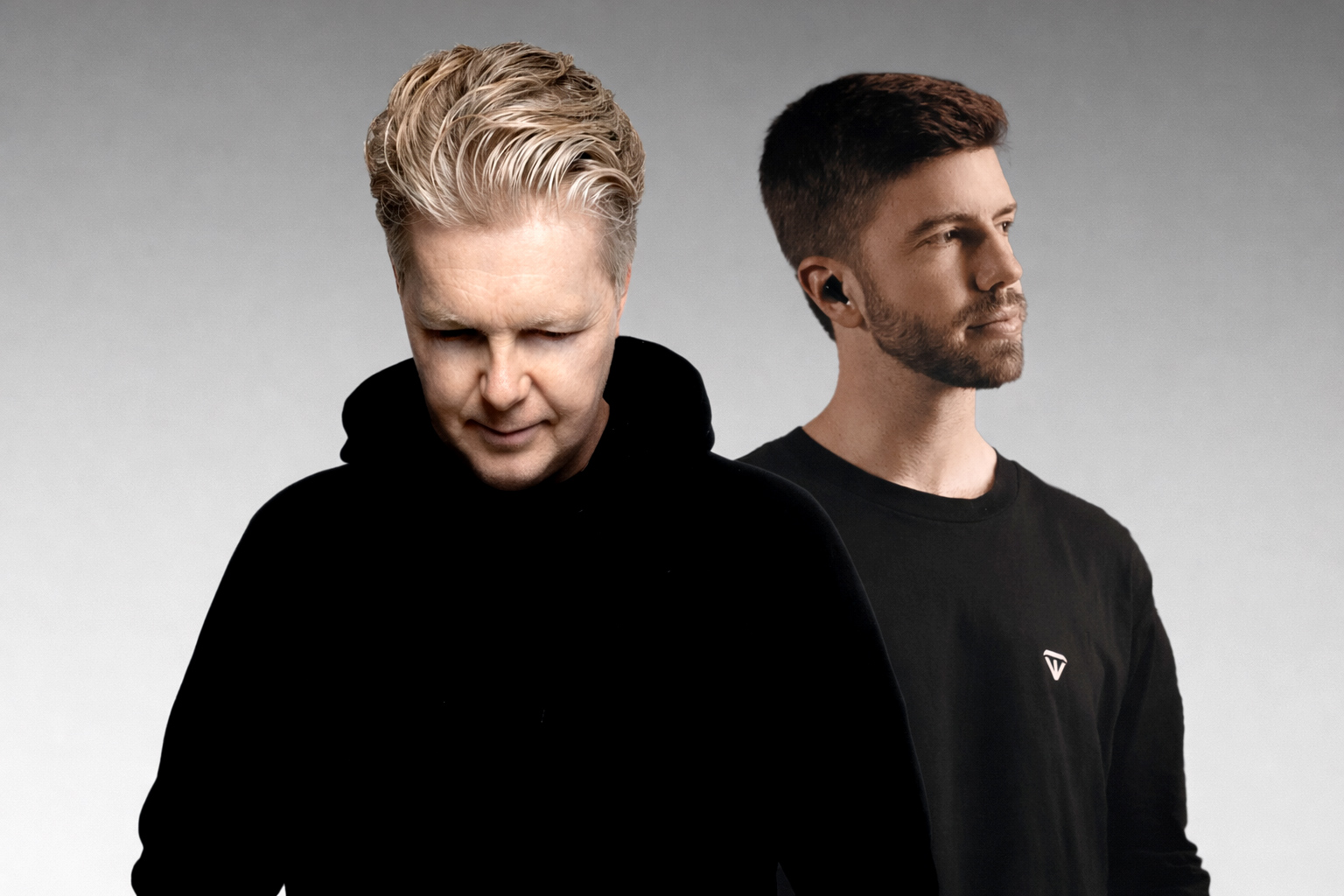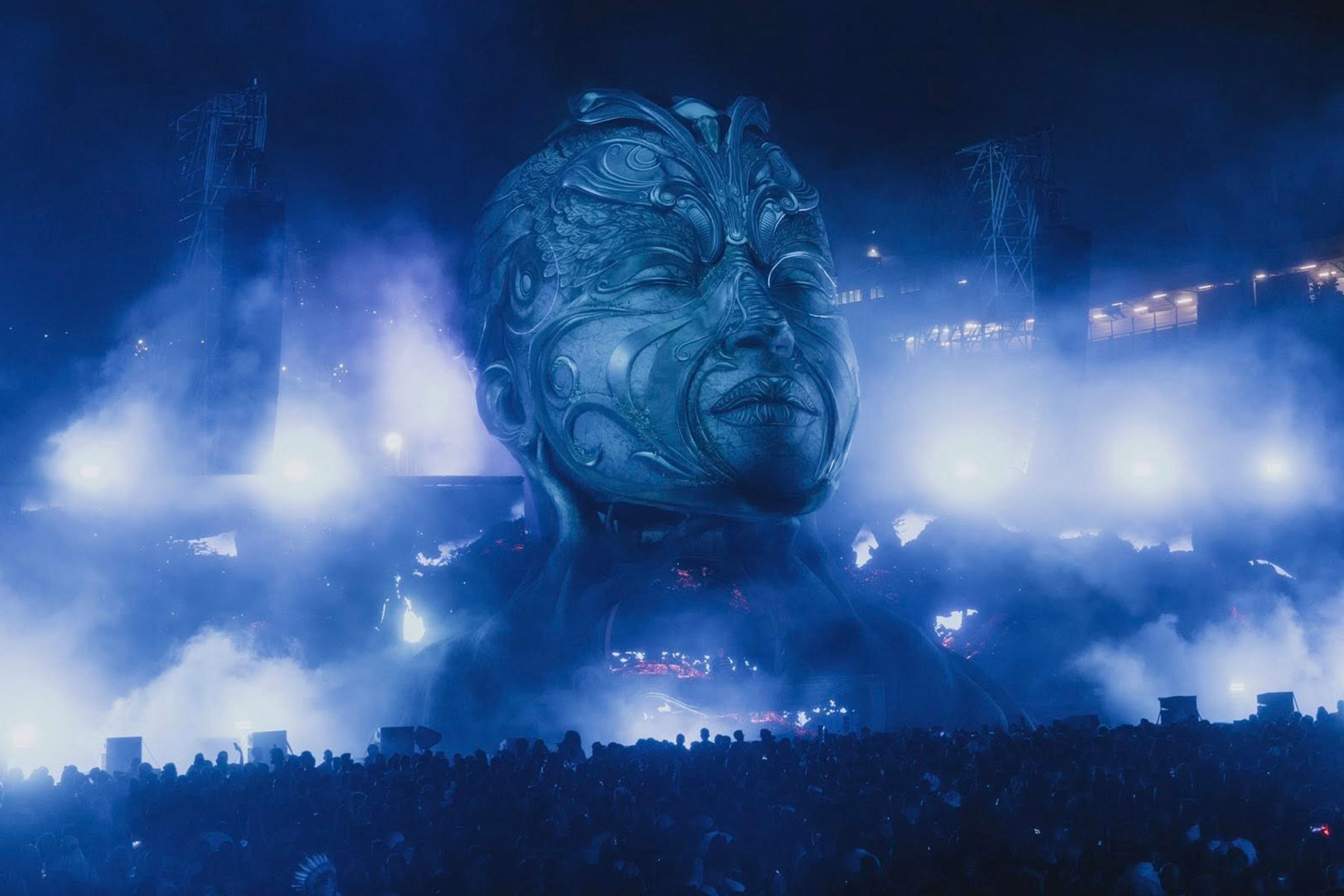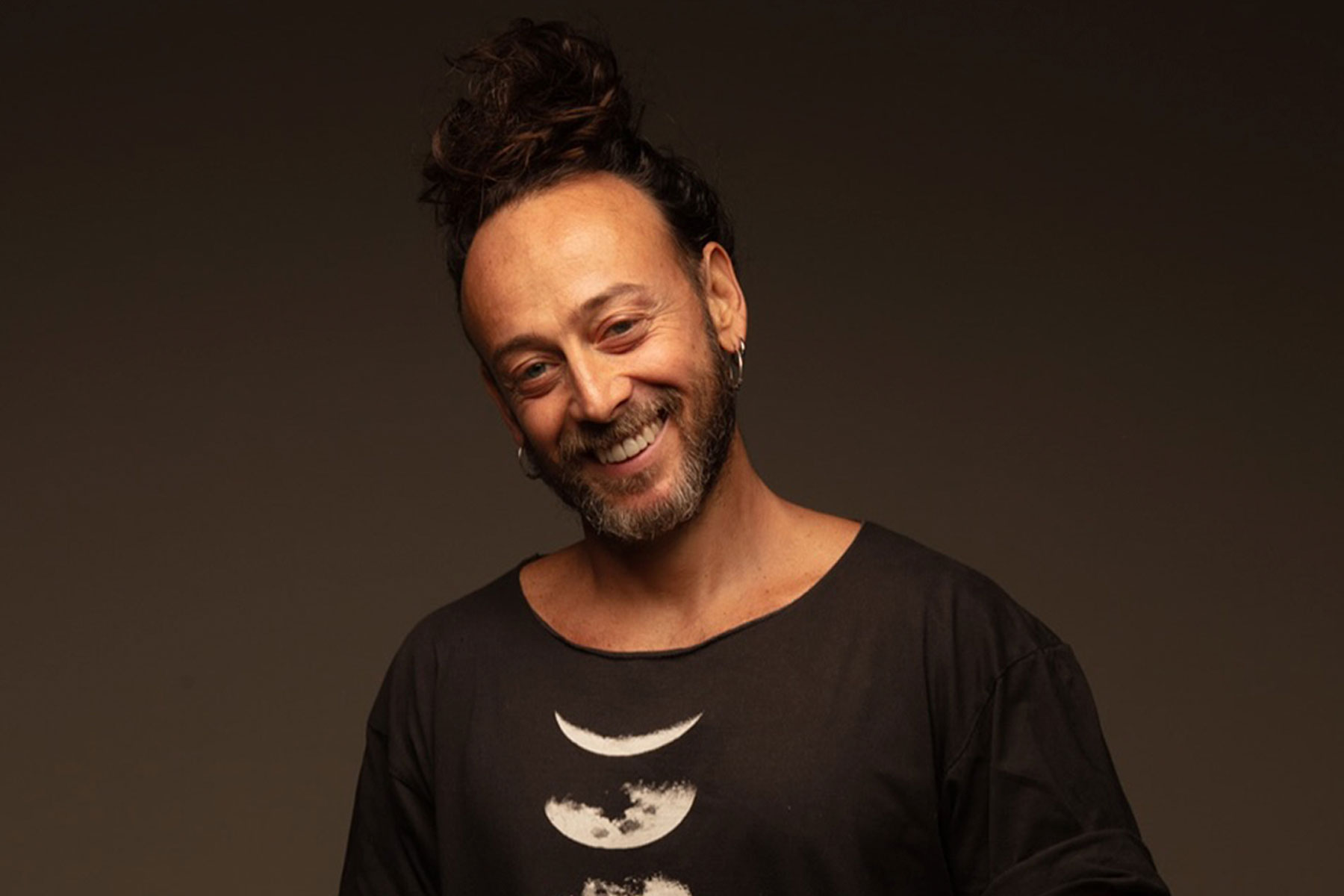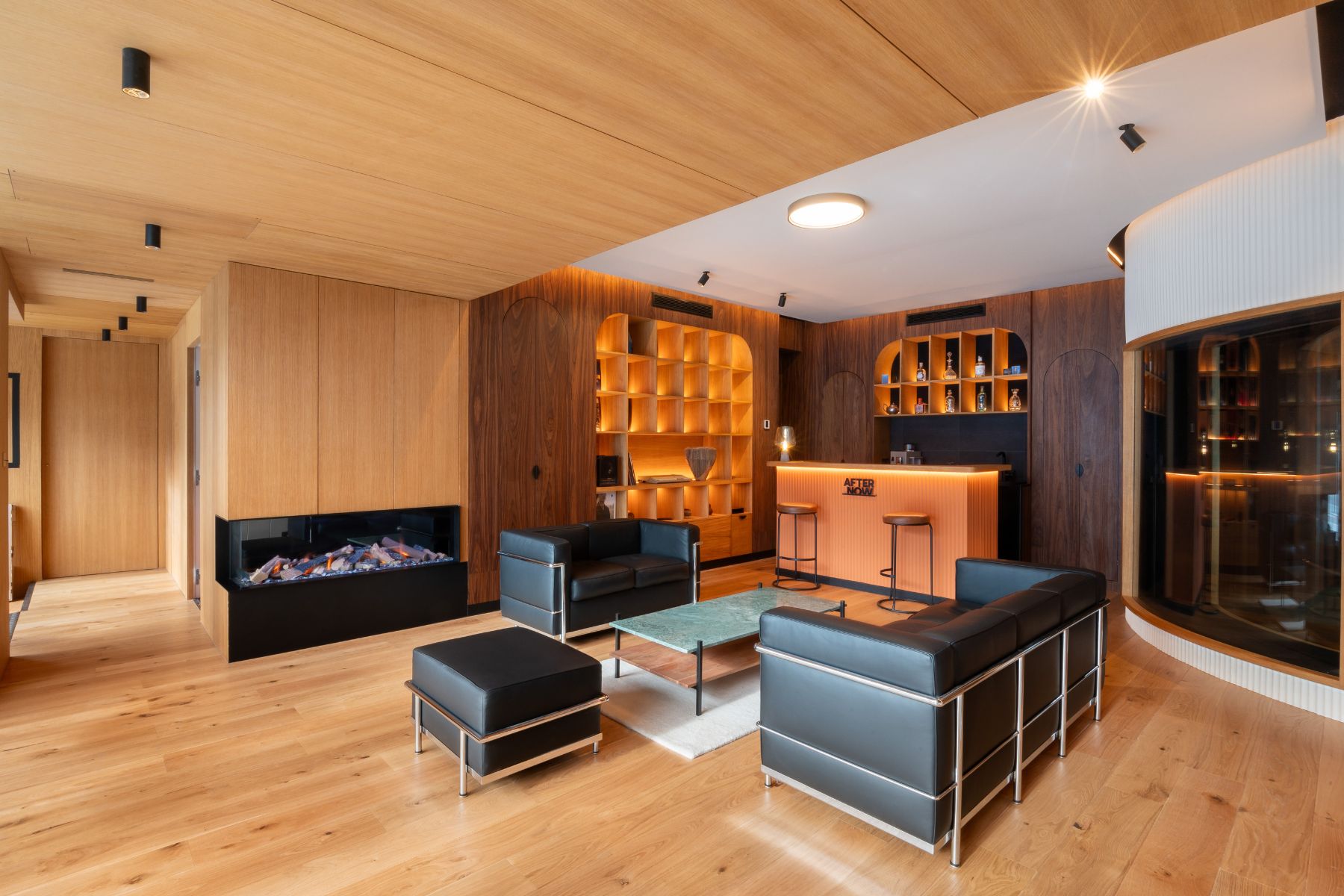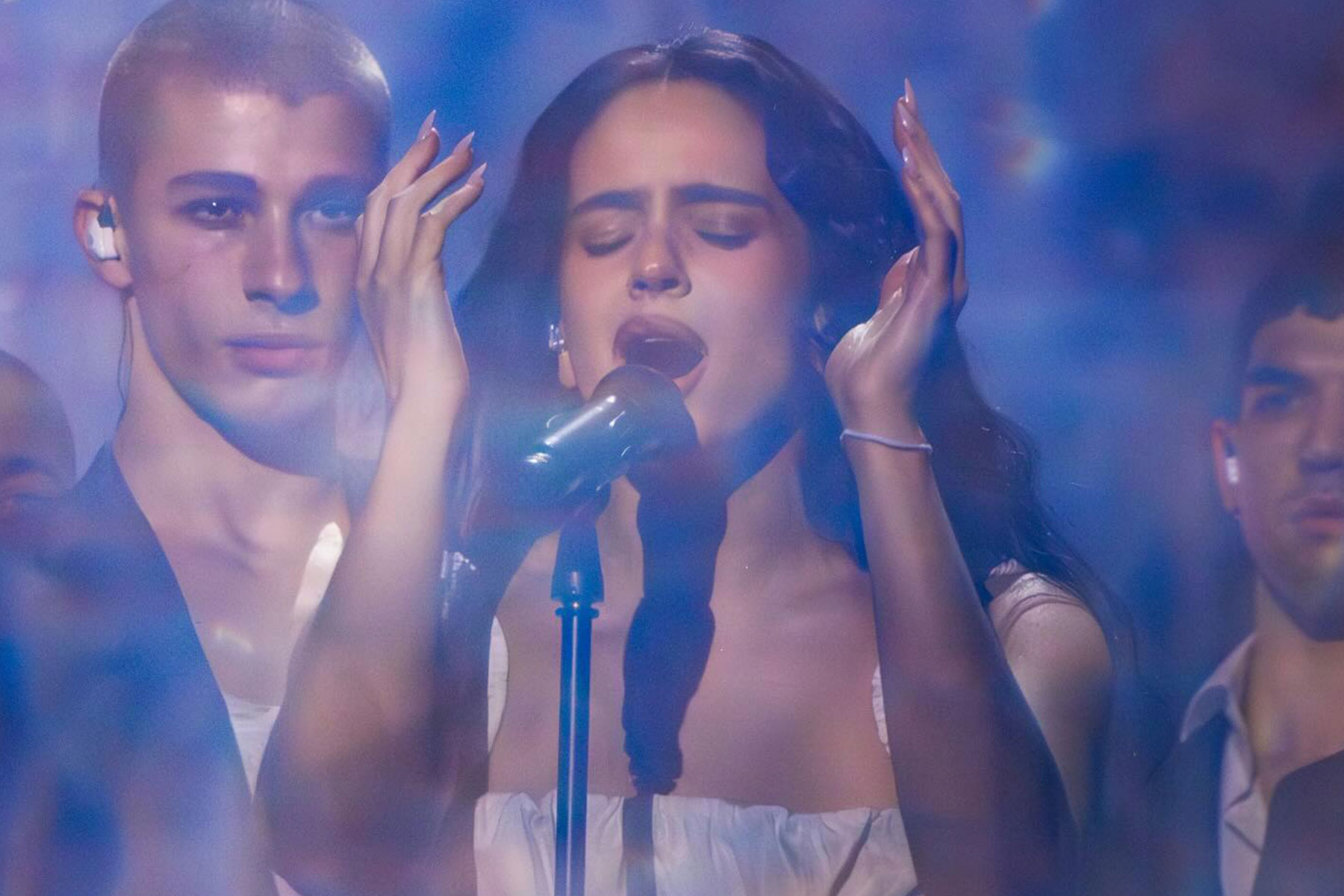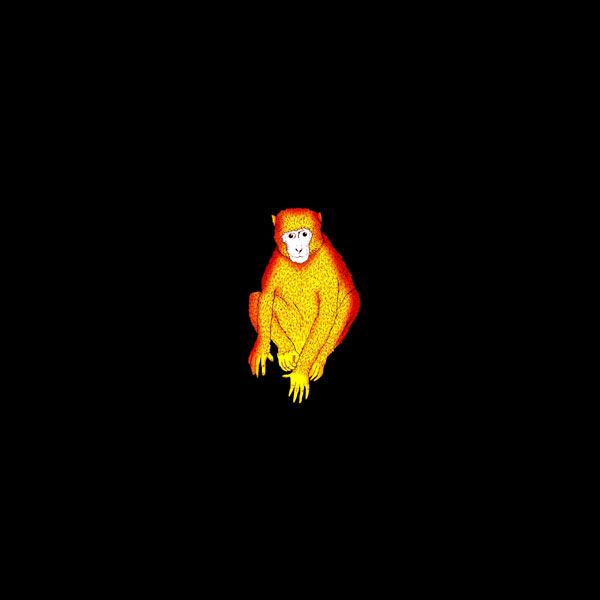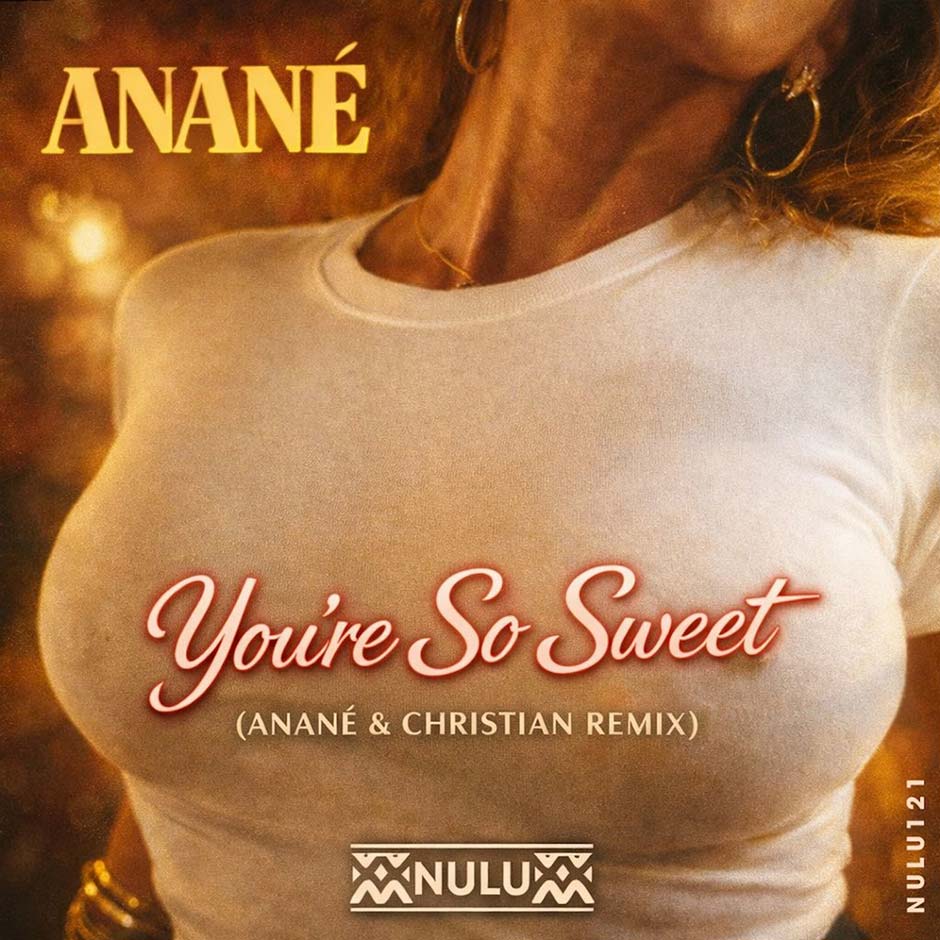Making techno that matters and has to mean, Weska’s music oscillates between melodic melanges and densely deep tones, effortlessly flowing from the studio right onto the decks and dancefloor.
Cutting his teeth in Toronto, his ongoing passionate persistence, along with moving to Berlin, has presented Weska with a successful platform to breach the international music scene. He has received support from such industry heavyweights as Adam Beyer, Christian Smith, Eric Prydz, Dosem and the Drumcode and Octopus families. He has worked closely with Coyu and Pleasurekraft, played for Creamfields UK and just this past summer was a resident of Prydz’s Epic 5.0 nights at Hi Ibiza.
We had the chance to talk with Weska as he just released his latest ‘Voyage’ EP on Kraftek.
EG: Hey there Weska, thanks for taking time out to chat with us! Let’s start things off by talking a little bit about your move to Berlin, has it always been the place you wanted to be, to make your music? What sets it apart from other places like Barcelona and Argentina?
Weska: Berlin is a place I have always wanted to check out, and when I came here in November of last year for a visit, I immediately wanted to come back. There is a really cool atmosphere here and of course, lots of techno. But parties aside, there is so much history and some unbelievable locations. Being in Berlin has definitely had an effect on my music, it can be quite inspiring.
EG: Speaking of great music, tell us about your new EP on Kraftek! What was the inspiration behind it?
Weska: It’s funny because the tracks that make this EP were made over the last two years. A couple is more recent but the thing I like about the EP though is that there is still a certain cohesiveness with the tracks, and I find they complement one another, even though they weren’t all made in a week or two. I’m very happy to have the EP on Kraftek though – and for Pleasurekraft really believing in me; he’s been a bit of a mentor to me and has pushed me to challenge myself and to not settle on ideas so quick, which I have found extremely valuable with my productions. Love ya bro <3
EG: Millennials have often been given a bad rap when it comes to having ambition and drive. Has it been difficult to prove yourself at such a young age, or is age not an issue in the underground?
Weska: In this scene or in music in general, I don’t think age matters. Good music is good music. In Toronto I did find it a bit difficult to breakout though. As just a DJ I think it would have been a lot harder to break out, so being a producer as well definitely helped in that regard. But not everyone is just open to let a young guy come in. I kind of had to prove myself to the older crowd and show them I was serious, and I think producing definitely helped with that. Getting in with the guys at Coda was a big deal for me though – I absolutely love that club and the support from everyone there is awesome.
EG: Thanks to advancements in technology, fans are able to learn and access information about djing and production more readily than ever before. That being said, do you feel a crowd is actually able to appreciate the intricacies of complex DJing, if they don’t actually know what, precisely, is happening behind the decks?
Weska: Even as a DJ, unless you know the exact tracks being mixed, it’s sometimes difficult to know when a DJ is playing two, three, or four tracks at the same time, unless you are physically watching the mixer, so I would say for an average listener it would be pretty tough to tell just by hearing! This doesn’t mean that the listener doesn’t appreciate or love what they’re hearing, and maybe they might enjoy the ambiguity of how many tracks are going at a given point in time. I think a DJ’s track selection is so-so, so important though, as well. They go hand in hand, and a good DJ does both well.
“I’m very happy to have it on Kraftek though – and for Pleasurekraft really believing in me”
EG: Speaking of crowds and fans, how would you describe the difference in fans from North America to those in Europe? Is there a difference in their energy and enthusiasm?
Weska: A lot of the clubs I have played in Europe are not “bottle service” oriented, and a lot of the dancefloors don’t have tables and stuff like that, so I wouldn’t say it’s like this for every show, but I have found that people here are really out at the clubs to dance and enjoy their music, NOT necessarily more so than North America, but there is definitely a difference here and you can feel the vibes in the air. I have found it really cool in, particular, on a few occasions that during a huge breakdown in a track, the club is silent: people are literally dialed into every element of the track and are listening so carefully, sometimes nobody is talking to one another at all. That I find pretty cool.
EG: There is a big difference in the DJ experience in comparison to the studio/production experience. Can you tell us how each one makes you feel and which one you prefer in terms of keeping you passionately fired up?
Weska: For me, I love them both so much. I love getting a sick idea down in the studio, and I love testing it out and seeing the reaction from a club. I can’t do without one. I also get inspired by producing from an idea I had when DJing, or viceversa. Sometimes I can’t wait to wake up the next day and get an idea down I had from the night before when I was out somewhere dancing, hanging or playing. Just like producing, I think that DJing is also an art form, and I bring extreme passion to that as well.
EG: What has it been like being a resident for such an incredible music icon as Eric Prydz? How did that relationship come about?
Weska: He really just liked my music and got in contact with me. Then we played a show together in Toronto and then yeah, it happened. It was really cool for me to find out a guy like him was supporting me, it still feels amazing.
EG: Your music gets classified as techno, do you feel comfortable just identifying your work as a specific genre like techno, or do you think it’s important to cross over genres in order to stay relevant in the industry?
Weska: I definitely classify myself as techno, but yeah, it thinks good to cross over a bit into other genres. I don’t mean this as compromising your sound, and I don’t think it’s completely essential to stay relevant in the industry, but being versatile is always cool. When you are distinct to your sound and that transfers across different genres and labels organically though, that’s when it’s really cool. Alan Fitzpatrick and Boxia are great examples of guys who are able to do that.
“It was really cool for me to find out Eric Pridz was supporting me”
EG: Take us on a tour of your studio, what would be your favorite piece of hardware and software?
Weska: CDJ 2000’s, XONE 92, Boss pedals, Logic Pro, and a Subpac. This is all haha.
EG: Finally, can you please finish these phrases for us:
– I have a hard time living without… music, nature, and hugs.
– The mood I need to be in to create my best music is… happy (and positive)
– The next place I would like to live in to further pursue my career is… the beach
– My biggest music pet peeve would be when… nothing works
– The best party I played at or have been to is… played: Sisyphos, Berlin, been to – Drumcode ADE at the Gashouder
– Weska is… a handbag in Swedish, thank you for that info Eric 😉
EG: Thank you so much for connecting with us, it’s been such a pleasure getting to know you!
Weska: Thank YOU, this was fun ?
Follow Weska:




